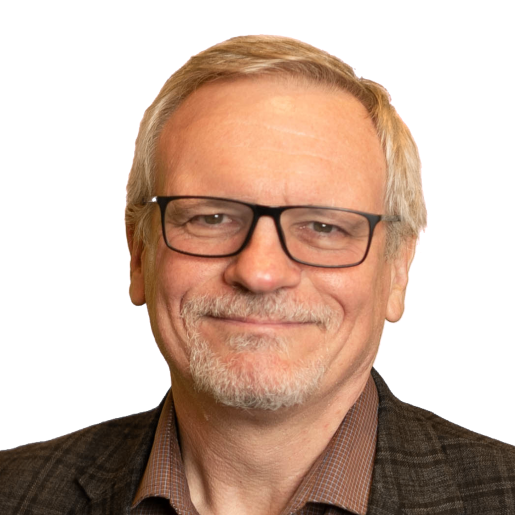
Lewis M. Fulton
Ph.D., Director of STEPS+, Institute of Transportation Studies at the UC Davis, USA.
About
Lewis Fulton has worked internationally in the field of transport/energy/environment analysis and policy development for 30 years. He is Director of the Sustainable Transportation Energy Pathways (STEPS+) program within the Institute of Transportation Studies at the University of California, Davis. There he leads a range of research activities around new vehicle technologies and new fuels. He was a lead author on the IPCC 5th Assessment Report, Mitigation (“Climate Change 2014: Mitigation of Climate Change”, transport chapter). Current projects include analyses of electric vehicles, shared mobility, automation, and other drivers of transportation futures. He investigates the costs, energy, GHG, employment and other aspects of changing transportation trends and alternative futures.
From 2007-2012 he was a Senior Transport Specialist with the International Energy Agency, Paris, as well as Division Head for Energy Technology Policy during 2011-2012. He returned to the IEA in 2007 after working there originally from 1999-2005. At the IEA he led the development of the Mobility Model and directed transport-related analysis connected with the Energy Technology Perspectives series of publications. During 2006-2007 he worked in Kenya with the UN Environment Program, developing and implementing GEF-funded sustainable transport projects around the world. During the 1990s he also worked at the US Department of Energy for 4 years, and taught at the Independent University of Bangladesh and the University of Maryland. He received his Ph.D. in Energy Management and Environmental Policy from the University of Pennsylvania in the United States in 1994.
Keynote presentation
Title:
Driving toward zero in California: How steep a hill must we climb?
Abstract:
California has set a state-level target of net zero CO2 emissions economy wide by 2045. The transportation sector must play its part and needs to reach as close to zero emissions by that date as possible. This talk covers the potential strategies for deep cuts in in-state CO2, primarily focusing on the light- and heavy-duty road vehicle sectors. It reports on a new state-wide study that finds that very rapid transitions to near-zero vehicle technologies, coupled with very low carbon fuels, will be needed. Policies will be needed that challenge political acceptability boundaries. It presents scenarios and considers the transitional and policy challenges for the state, and implications for states and countries around the world.
Recording of the presentation:
